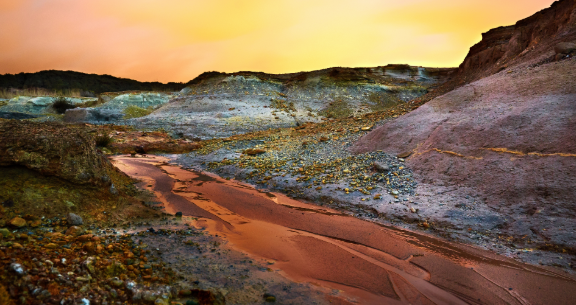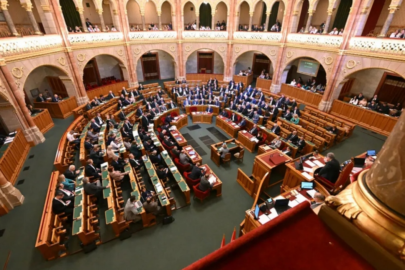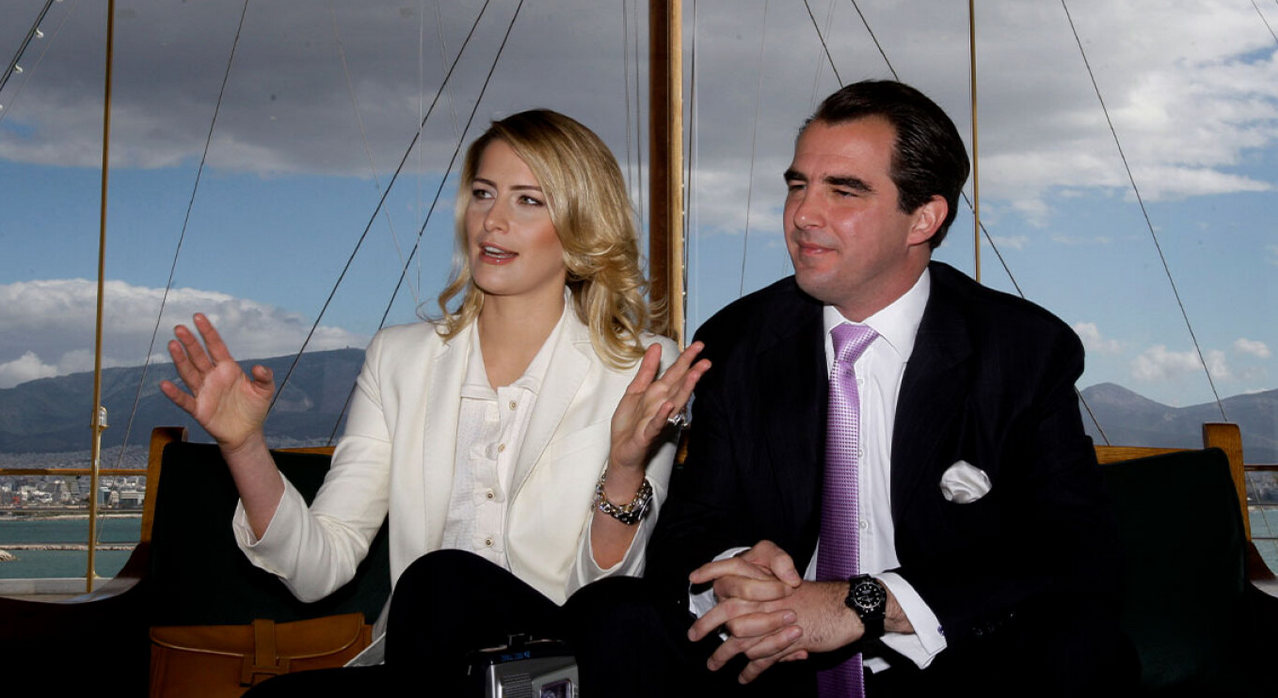Scientists have successfully revived microbes that had lain dormant at the bottom of the sea since the age of the dinosaurs, allowing the organisms to eat and even multiply after eons in the deep.
Their research sheds light on the remarkable survival power of some of Earth’s most primitive species, which can exist for tens of millions of years with barely any oxygen or food before springing back to life in the lab.
A team led by the Japan Agency for Marine-Earth Science and Technology analyzed ancient sediment samples deposited more than 100 million years ago on the seabed of the South Pacific.
The region is renowned for having far fewer nutrients in its sediment than normal, making it a far-from-ideal site to maintain life over millennia.
Kodak’s stock triples as company announces pandemic plan to start making pharmaceutical ingredients
Donald Trump should lift the arms embargo on Cyprus now
Read more: AFP




































